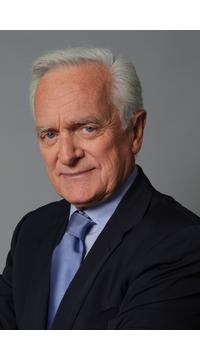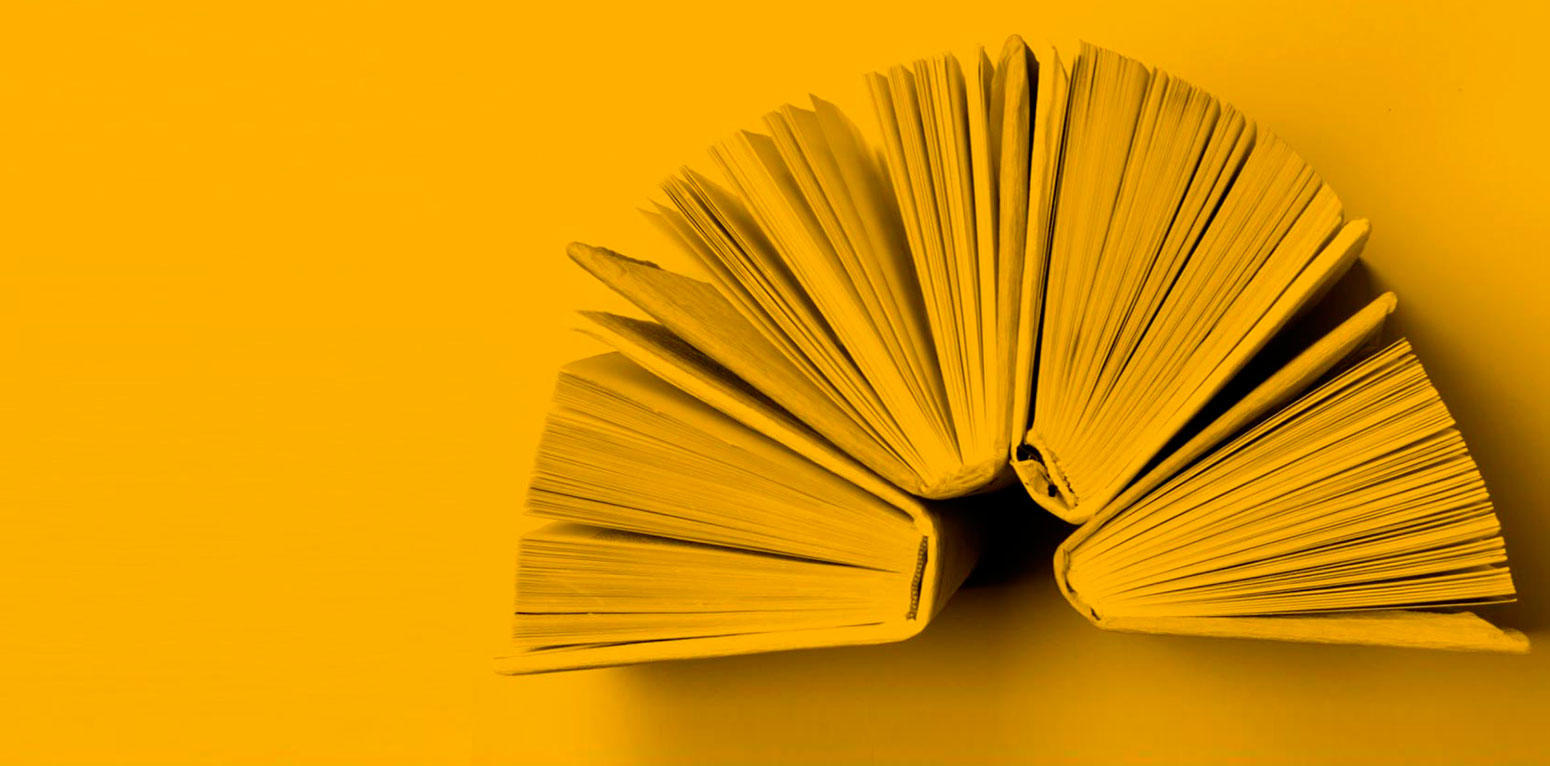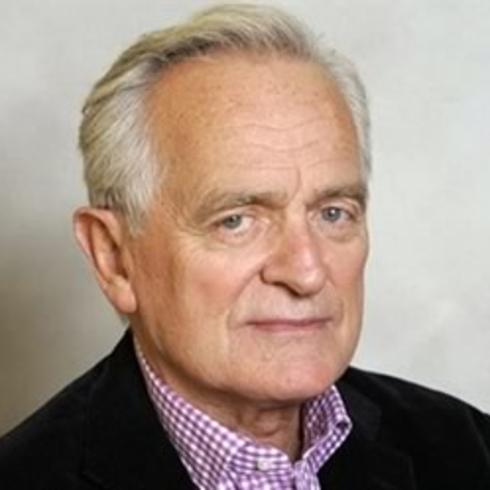
" Le flûtiste invisible "
- Nominated for : The Literary Prize 2013
Writer, journalist and filmmaker, Philippe Labro is also a radio personality and lyricist. After having been a reporter at Europe 1 and France Soir, he joined RTL, Paris Match and the TV channels TF1 and Antenne 2. From 1985 to 2000, he directed programs for RTL of which he became vice-president in 1996. In 2005, he continued his television career by creating the Direct 8 TV channel.
Philippe Labro's first book, entitled "Un Américain peu tranquille, has not aged a bit. Perhaps because the author focuses his story on the person of Al Capone and that myths never age. But most probably because, turning its backs on fashion and easy effects, the little music dear to Philippe Labro's style, was already playing its singular partition." (Jean-Rémi Barland, Reading, July 2005)
In Des feux mal éteints (1967), the author portrays "men who were twenty years old during the Algerian war, between 1950 and 1960. Discovering violence and death, but also the beauty of Algiers beneath the sun, the magic of desert beaches, obsessed with the loss of adolescence, haunted by the myth of American cinema, faced with torture, they soon become "adults" that is to say, they lose their innocence, even if they keep their nostalgias."( Presentation by the editor)
In the 1970s, Labro mainly devotes himself to the cinema and returns to literature in 1982 with Des bateaux dans la nuit.
Published in 1983 under the pseudonym Stephanie, Des cornichons au chocolat has become a cult for an entire teenage generation. This book is the first part of a "feminine" trilogy continued with Manuella (1999) and Franz et Clara (2006).
Rewarded by le Prix Interallié, L'étudiant étranger (1986) tells how, "invited by a prestigious virginian university, a young frenchman discovers with amazement the golden life of college boys, their sports teams, their campus in an idyllic valley. It's the time of a wise America, one before the explosion of morals and the crash of 1960. [...]" (Presentation by the editor). The follow up of Un étudiant étranger, Un été dans l'Ouest, was published in 1988 and received the Prix Gutenberg.
Philippe Labro continues his autobiographical writing and relates in Le petit garçon (1990) his childhood in the south west during the Second World War. He then describes his adolescence and his entry into the Parisian press world in Quinze ans (1992) and Un début à Paris (1994).
"A man of media", Philippe Labro publishes in 2002 a collection of the best portraits of artists and politicians in a book entitled Je connais gens de toutes sortes.
Published in 2010, 7500 signes, chroniques gathers journalistic texts published since 2000 and other unpublished ones, as well as a new one. With this work, Labro wants to show the link between journalistic and fictional writing.
In 1996, Philippe Labro narrates his period between life and death. "When a serious health accident touches an ordinary guy, it's called a dirty trick. When, however, the misadventure touches a writer, the drama can be turned into an odyssey into "La Traversée", to borrow the title of Philippe Labro's latest book. Happy is the man who knows how to transform a flirt with death into an ode to life, a sinister bacteria in literature." (Olivier Le Naire, L'Express, 11th April 1996)
It was after his hospitalization that Labro plunges into a depression. In Tomber sept fois, se relever huit (2003), "he was able to relate from the inside what he experienced during those long months, he shares with us the suffering that is so difficult to imagine when we have not been through it. And he is living proof that you can heal when you are well looked after and especially very loved." (Pascale Frey, The Express, October 1st, 2003)
"Philippe Labro [...] knows how to narrate, it is very difficult when several stories finally make one : in Les Gens[2009], a very lelouchien title, three destinies are intertwined [...]. At first we ask ourselves how lives so foreign to each other, located in a space-time so distinct, will collide, as if elementary particles. That is all Labro's impressive expertise." (Yann Moix, Le Figaro, February 5th, 2009)
Mon Amérique à moi (2012) is the "America that the student Labro discovered in 1954, the drive-ins, blue jeans, James Dean, Ford Fairlanes, rock'n'roll, chrome toasters, the "yeah, baby", and girls in short socks [which] no longer exist. But never-the-less there is a collection of extraordinary individuals that Labro the reporter met, and who marked him. That America has almost disappeared: it is a star that is moving away at high speed, in a sparkling trail. There remains the nostalgia and the delicious taste of a half erased dream." (François Forestier, Le Nouvel Observateur, October 16th, 2012)
According to Labro, Le flûtiste invisible (2013) "watches over and plays the notes of a scale that only he knows the rhythm. Call it fate, luck, chance, coincidence, the flapping wings of butterfly that... As you wish, but this invisible hand exists, and it was time that it appeared in daylight. Labro makes himself the spokesman of it, without sleeve effects or final sentences, without certainty or disdain for those things that escape us, He opens up in front of it his big journalistic eyes and restores what is beyond him –us- with the skill of a director who does not want to miss any of his script..." (Jerome Béglé, Le Point, March 28th, 2013)
 Literary Prize Winner 2007
Literary Prize Winner 2007

